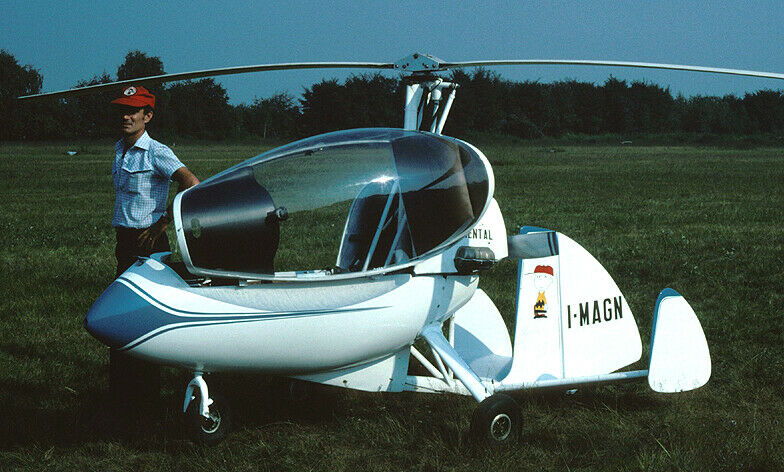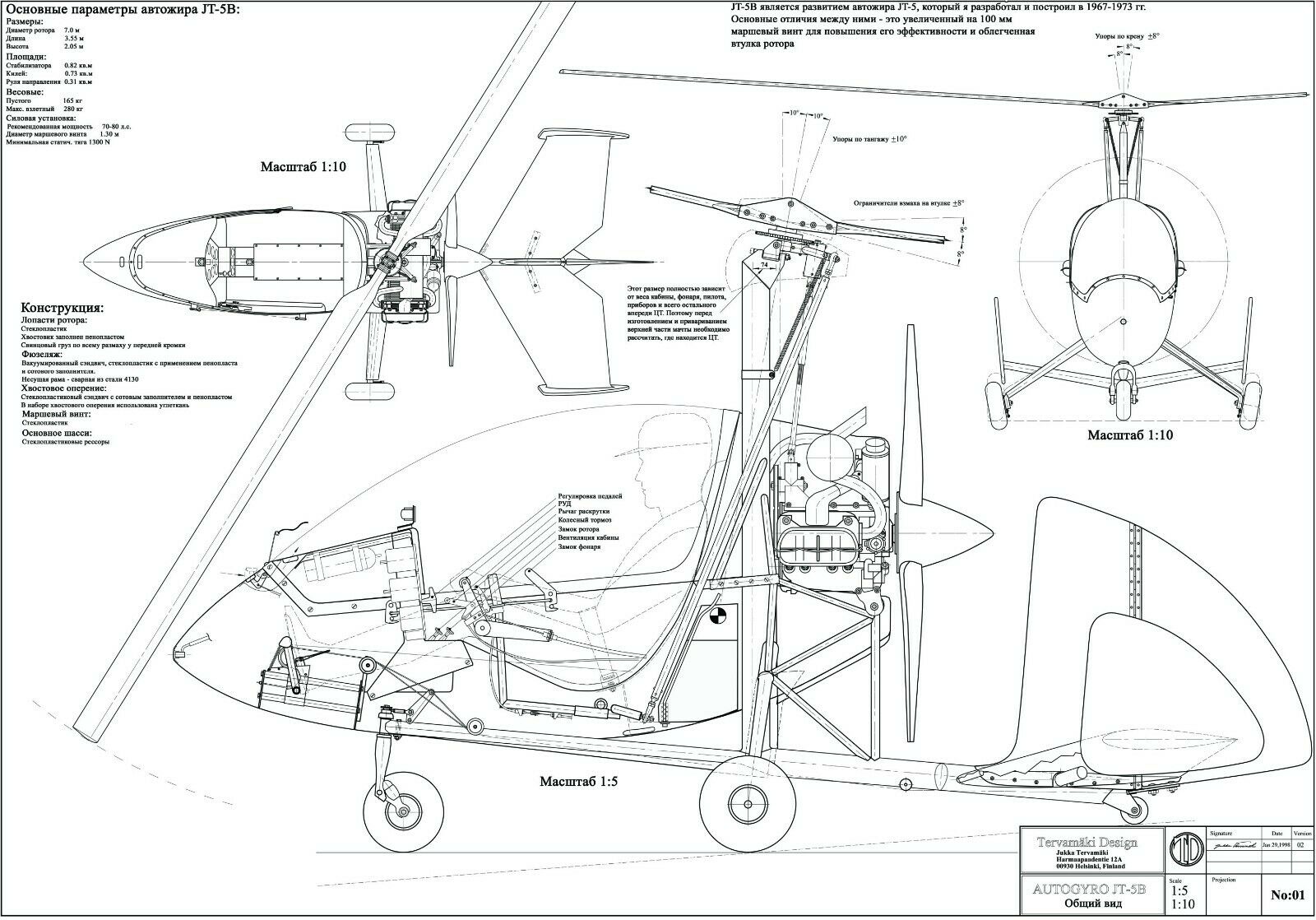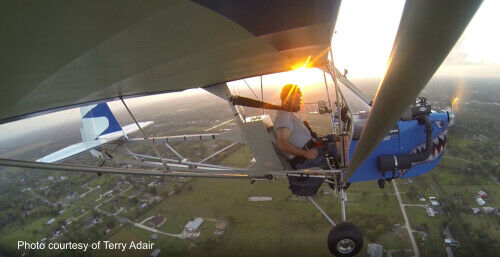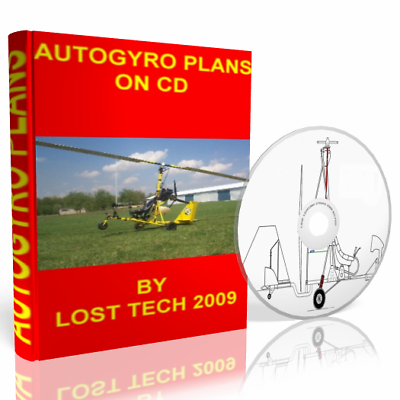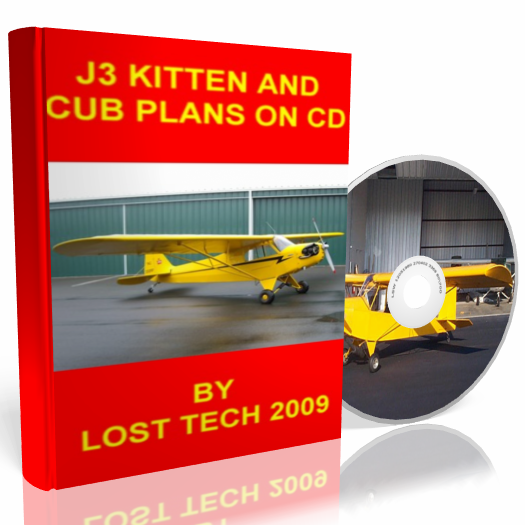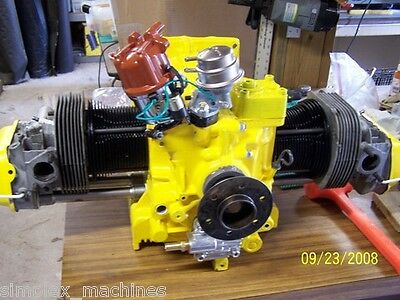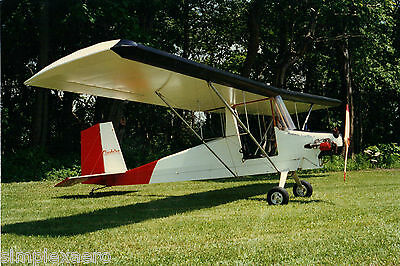-40%
Autogyro Tervamaki JT-5,Plans.
$ 13.72
- Description
- Size Guide
Description
DrawingAutogyro
Tervamaki JT-
5
This lovely single room was designed by a professional Finnish aircraft designer Jukka Tervamyaki in the early 70s for a comfortable flight in the harsh Scandinavian climate.
Yucca received aviation education with a specialization in rotary-wing aircraft, later also dealt with problems of gliders, so all his devices show careful attention to aerodynamics and contours.
After graduation, he was an intern in the United States, including Bensen and where loved gyros. JT-5 was not the first designed by Jukka gyroplane, and the experience of previous developments allowed to create a more perfect machine, many solutions which were revolutionary for the time.
First JT-5, he built himself, and then in various European countries for his drawings were built by amateurs few instances, some of them flying and now.
Yucca recently decided to put these figures into free circulation on the site, including those who are not afraid of hard work to produce beautiful results - your time has come.
So, let's get acquainted with the JT-5:
Outset that in addition to drawings, archival photos and some images from the computer, you will not see anything. Any guidance on the construction of the Yucca did not write and did not intend. On this occasion he was seriously-ironically says JT-5 - not the easiest to build a machine, and if the existing drawings are not enough - then you're just not ready to build just such a machine. There is much more simple projects for beginners. For the construction of JT-5 is required to possess the technique of welding, working with fiberglass, turning and milling work.
Frame machine is welded from steel hromolibdenovoy 4130.
Cabin and tail - fiberglass.
The engine, which stood in the original, was modified by Limbach oppozitnik two-cylinder VW, which built up to 80 hp Now there is much more interesting alternative.
Pre-promotion - gimbal, selected with the front end of the crankshaft FS V-belt and bevel gear.
Yucca rotors made of fiberglass independently on their own calculations.
The fact that his ideas have proven themselves, said the fact that they were the basis of Magni gyroplanes line and fiberglass rotors.
Specifications:
Rotor diameter: 7 meters (23 ft)
Chord of the blade: 180 mm
The length of the unit without the rotor: 3.5 meters
Height: 2 meters
Track: 1.7 m
Propeller diameter: 1.2 m
Swept area: 38.5 sq.m.
Empty weight: 167 kg
Maximum take-off: 290 kg
Maximum load swept 7.5 kg / m
Specific power: 3.9 kg / hp.
Top speed: 170 mph
Cruising speed: 120-140 mph
Minimum speed horiz.
Flight: 40 mph
Rate of climb: 3 m / s
Takeoff: 80 m
Mileage: 0-5 m
Range: 250 km
Let me remind you that it is characteristics of the device with a relatively heavy Limbach and composite rotor.
Using what autogyro community has learned over the past 40 years, we can expect much higher performance.
But should start with the drawings. They are laid out in * .pdf format as allowing them to print A1 format:
1.
General view
2. The frame and other steel parts
3. The rotor hub
4. Details of the rotor hub
5. Promotion and promotion details
6. Rotor Control
7. The pedals, the nose wheel, lock lamp
8. Details of fiberglass
9. Making the rotor
10.Teoreticheskie fuselage loft
11.Bokovaya projection fuselage
